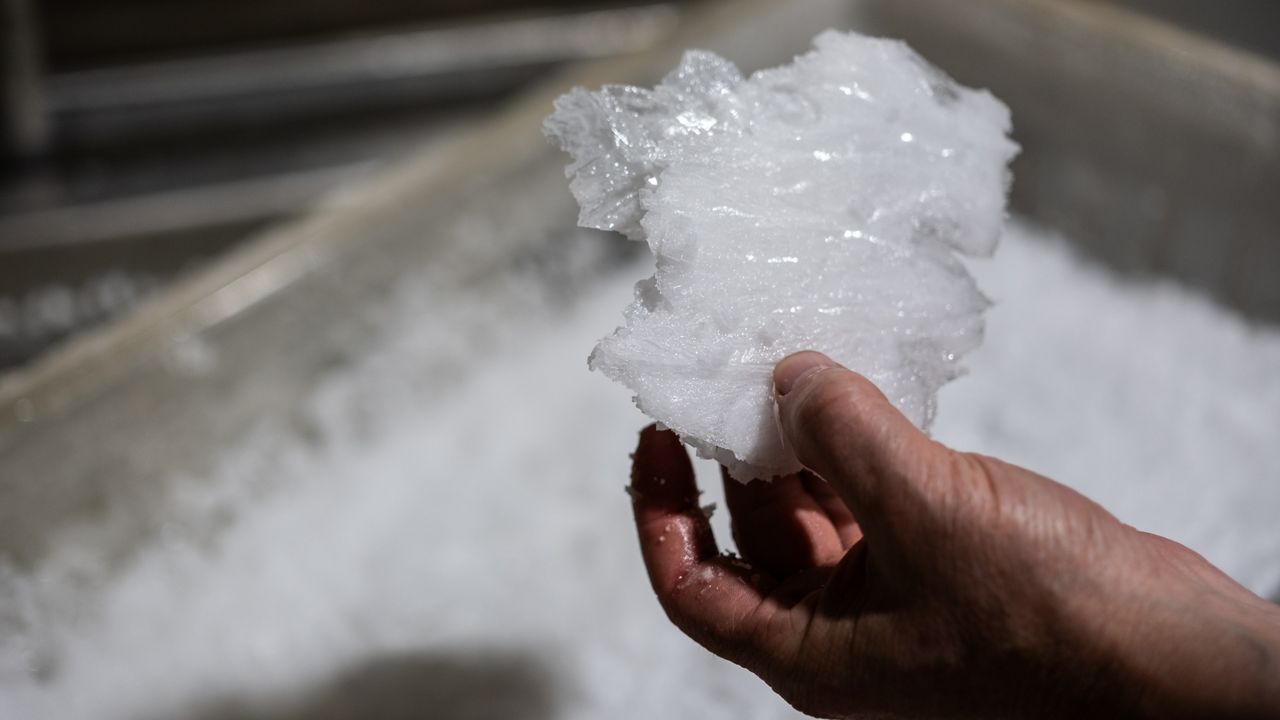With rising temperatures and sea levels climate change is impacting salt production around the world, but here in the Salt City, a local business is using a more sustainable and traditional method to make salt.
The Syracuse Salt Company for that past three years has been using brine from ground water to make salt, a method that blunts some of the worst effects of climate change.
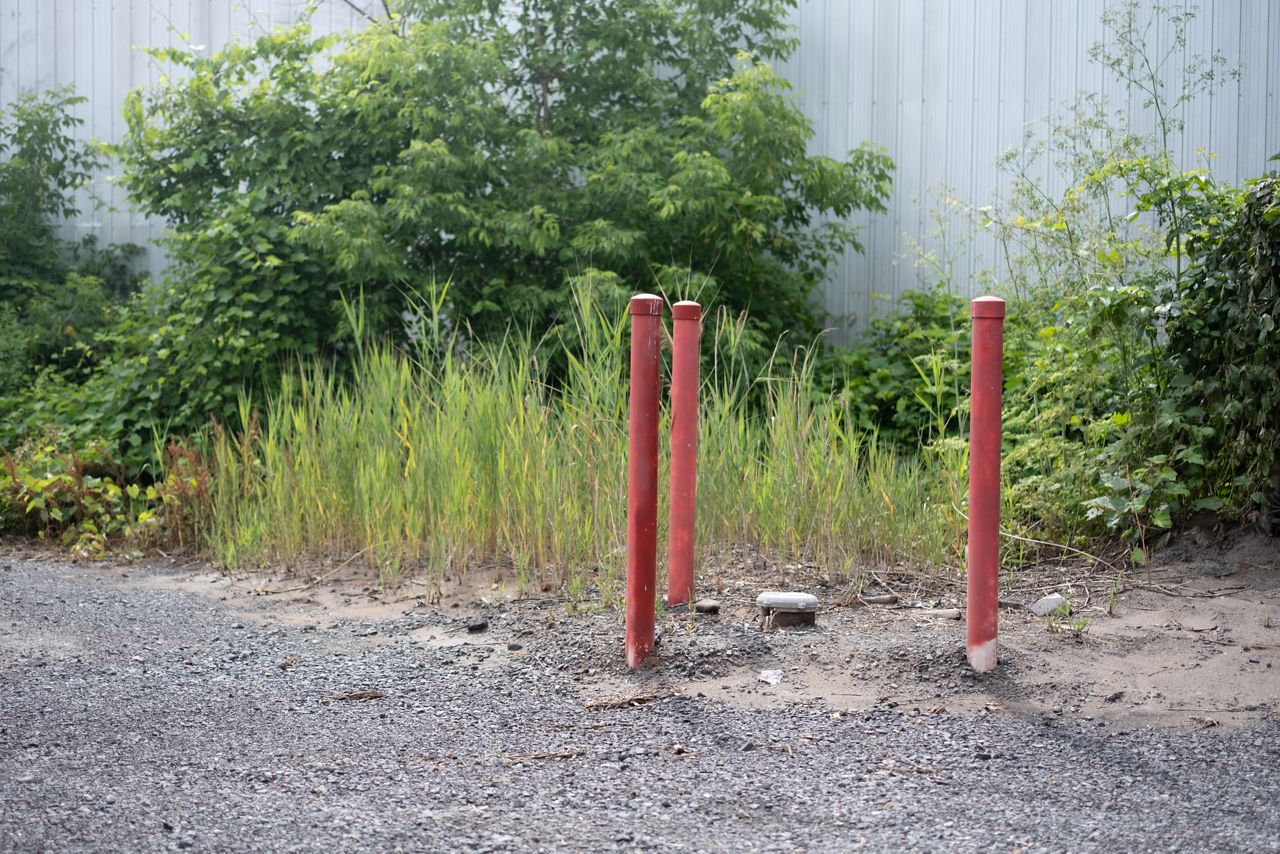
SUNY College of Environmental Science and Forestry professor Gregory Boyer said climate change can have an impact on salt production, but it depends on how it's produced.
“Climate change really has no impact on mining salt,” Boyer said. “When you’re talking about sea salt, they take seawater, put it on large flats and allow the water to evaporate.”
But this type of salt production is vulnerable to the impacts of higher temperatures, rainfall and sea levels, such as flooded producers’ fields, making them more difficult to evaporate, Boyer said.
A study on salt production in Ghana found that as temperatures and rainfall increased, salt production decreased.
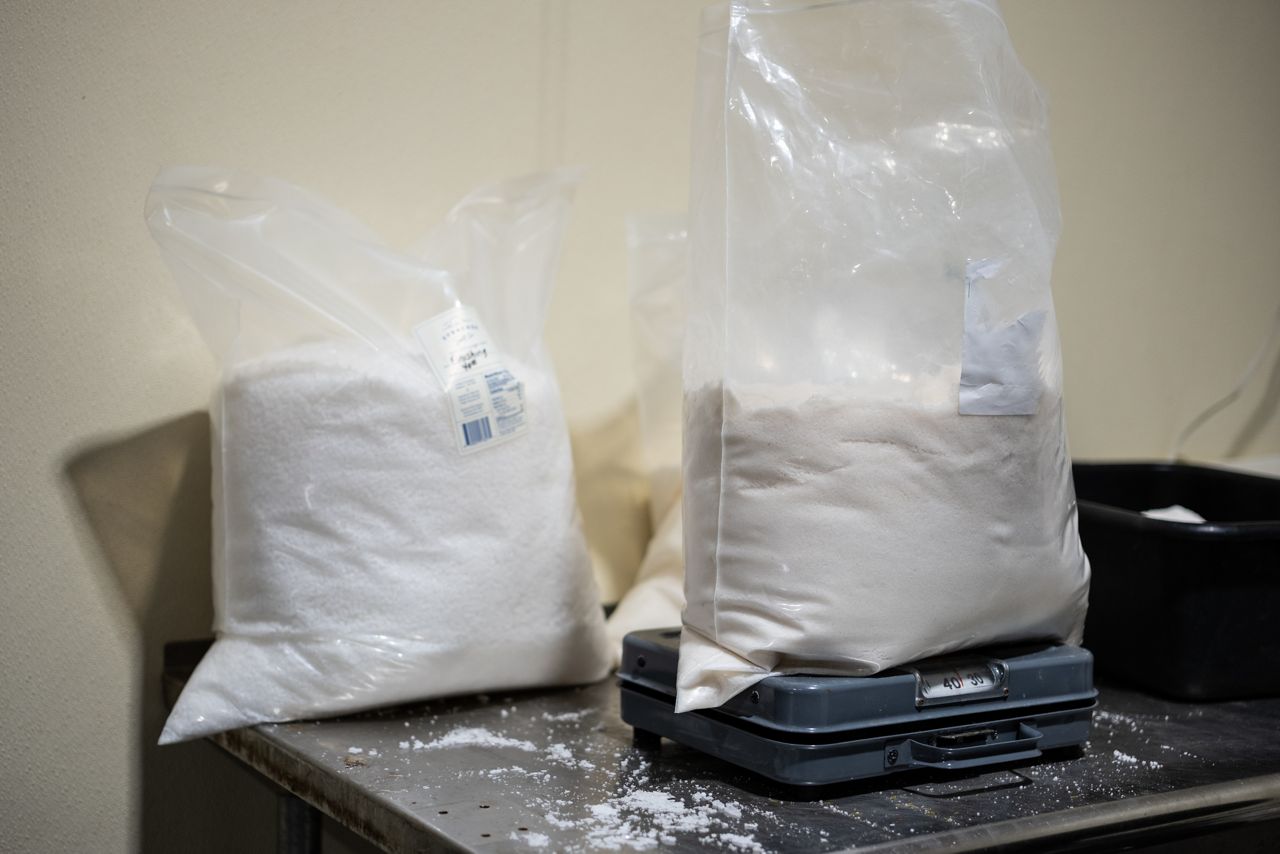
But the method of salt production in the Syracuse area and done by local salt producer David Iannicello, founder of the Syracuse Salt Company, would likely not be as impacted by climate change, Boyer said.
“I guess the increased rainfall might dilute the brine a little, but which means you would need to take up a little bit more brine, but I wouldn’t expect it to have a major impact,” Boyer said.
Due to the stability of producing salt from brine wells, Boyer said he believes it could be successful in this area.
“Salt production is driven by where the salt is and we were fortunate in that geologically, many years ago, we were a seabed and so there was a lot of salt,” Boyer said.
A report from the U.S. Geology Survey, says development of the salt industry in Syracuse began in the 18th and 19th century from brine wells at the southern end of Onondaga Lake, which came from salt beds near Tully.
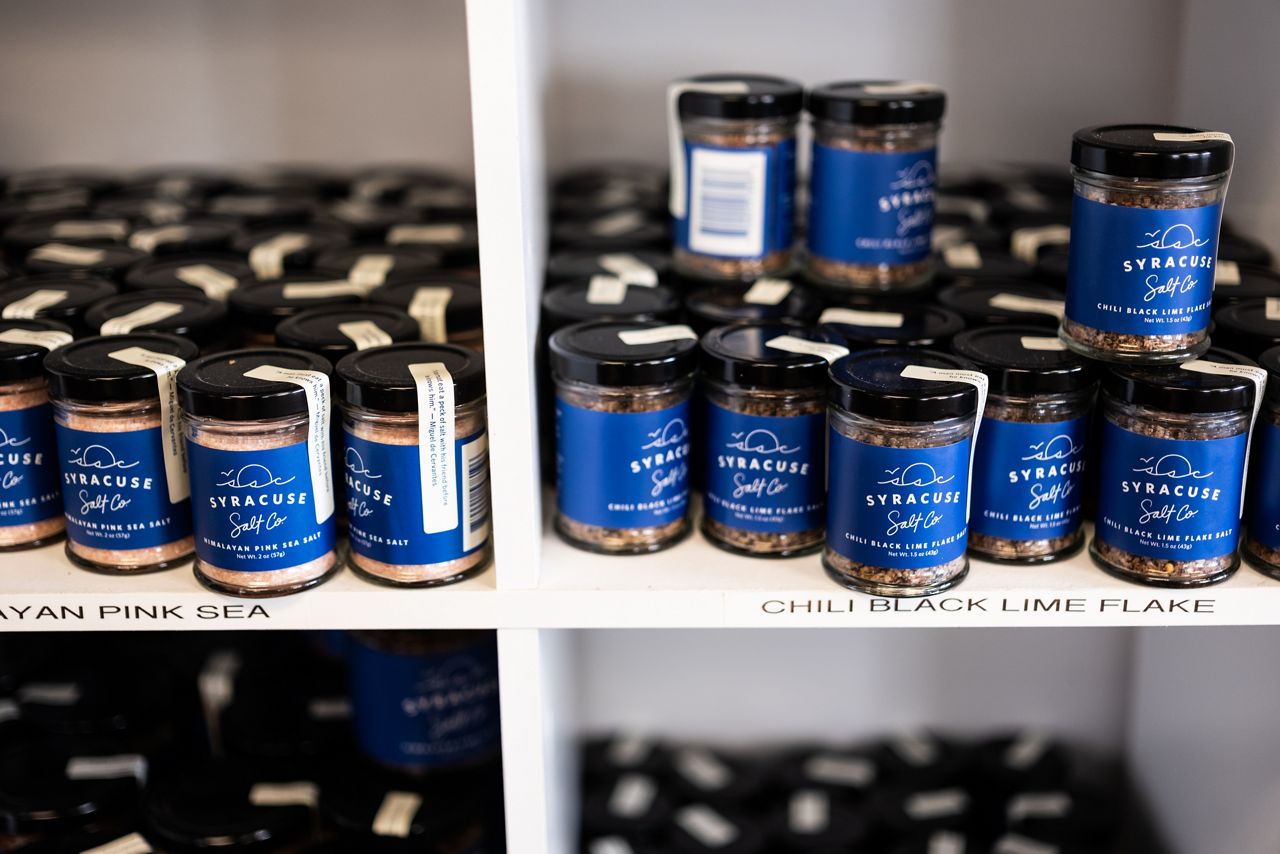
Iannicello and his daughter Libby started pumping ground water through a well that was dug in 2020 to make salt.
“When we first started pumping water out, it was around 6% saturation, which is not quite what I wanted, but we could still work with it, but the well company said to keep running it and it would increase and now it's at 13%,” Iannicello said.
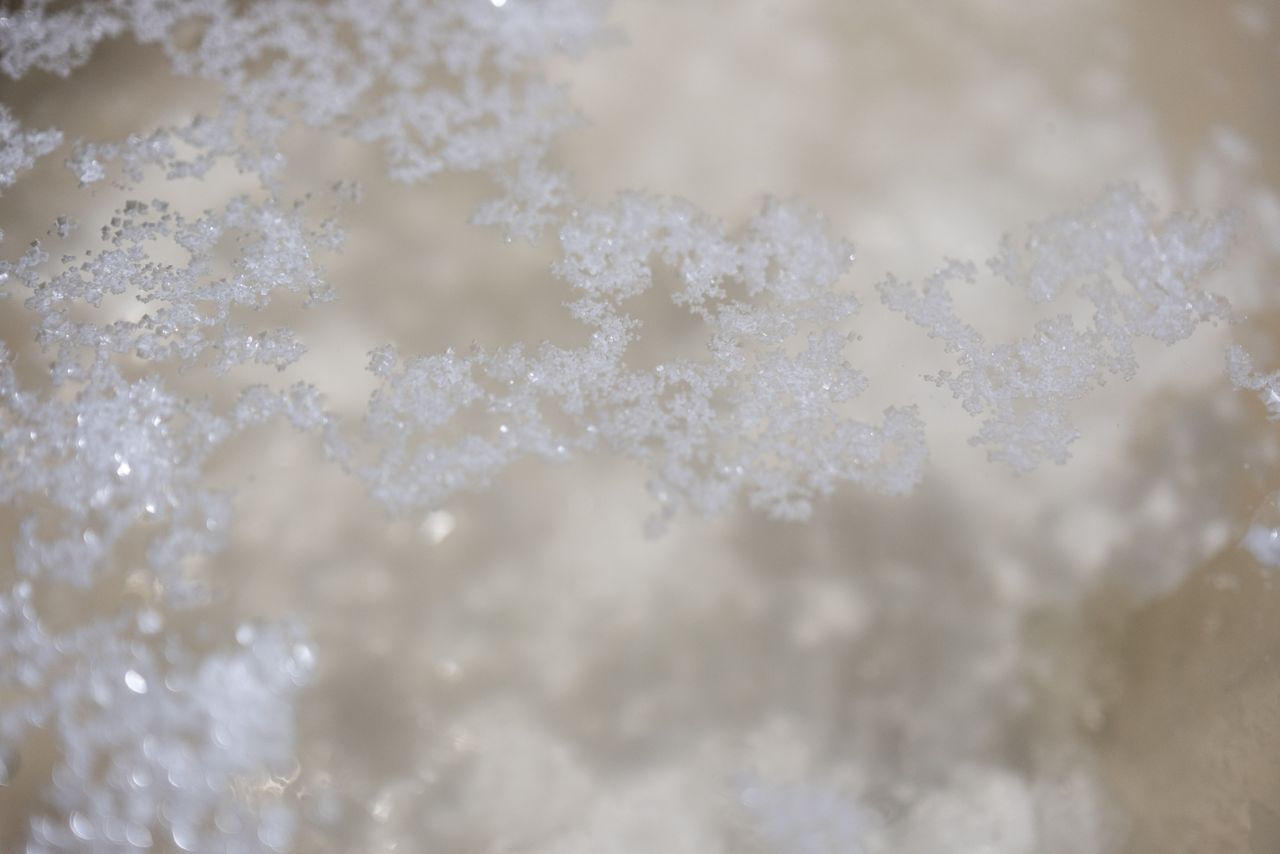
Salt begins to fall out of the solution at 28% saturation, he said, so at 13% they are halfway to salt before beginning the process of evaporation.
The process begins with the water pumped from underground then is held in tanks where they bubble air into it to remove iron.
“Then from there it goes into our evaporation tables that we maintain at 100 degrees 24 hours a day to slowly evaporate water off,” Iannicello said.
Once the water has evaporated, they harvest the salt, drain it, dry it then sift it to different sizes.
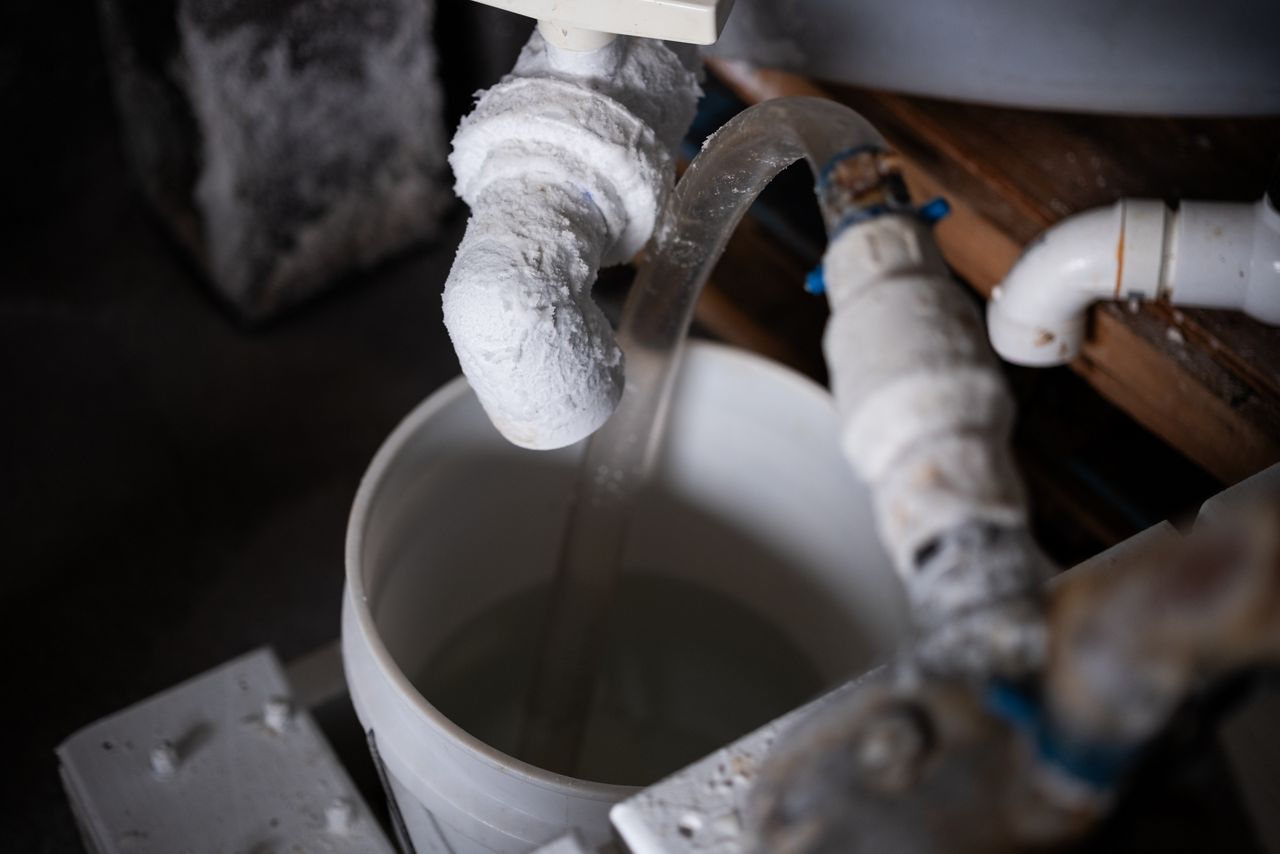
Currently, the company produces about 8,000 pounds of salt per year, Iannicello said, and they have grown since they began making their own salt, but they don’t want to expand too rapidly.
“We are trying to grow organically, but we are always keeping our ears open for potentially anybody else in the area who wants to do salt,” he said.
Iannicello said he decided where to put the well in consultation with geologist, William Kappel, who believes salt could come from the groundwater for many years.
“He believes there’s enough salt under Syracuse for the next 200 to 300 years at more than the rates we’re taking,” Iannicello said.





